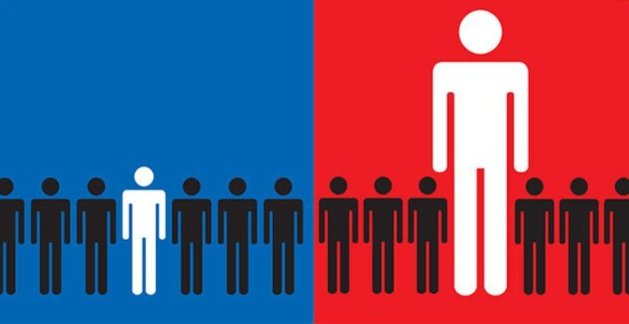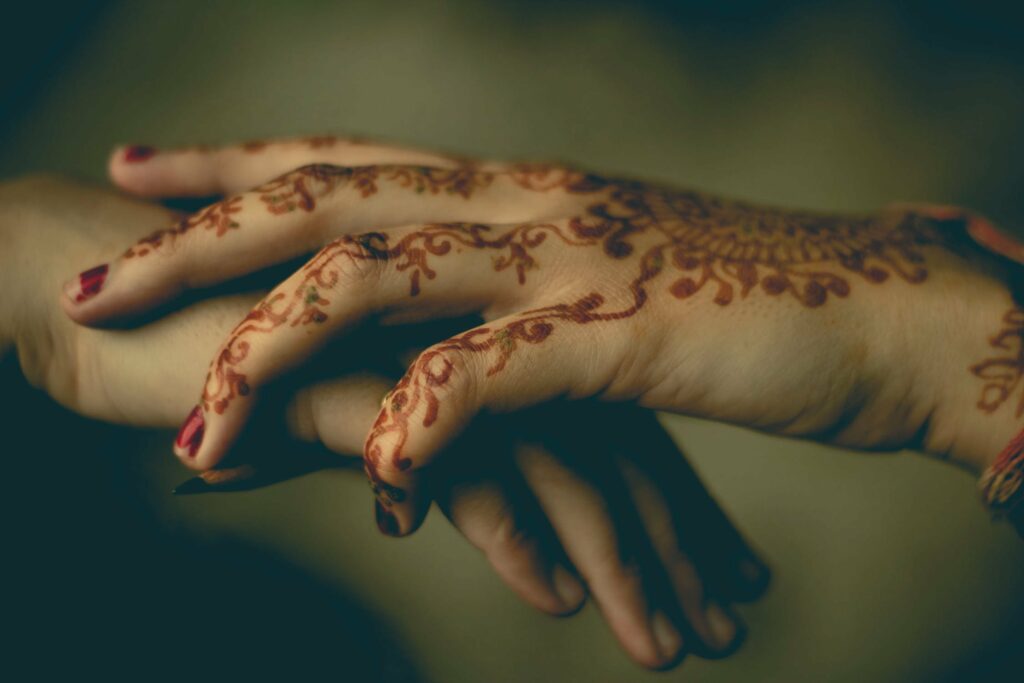Navigating Mental Health as an Indian Expat: The Quest for Culturally-Sensitive Therapy
- Dnyanada
- October 8, 2023
I remember my first winters in Europe. It was as if the world had hushed itself to a gentle whisper, with the air turning frigid, the wind carrying a sharp, biting chill, and a distinct absence of social warmth. Quite a change from the bustling Indian streets – the honking, the barking dogs, and the fragrant aroma of Indian cooking. The solitude, that nagging sense of not fitting in, was really starting to weigh on me, and I knew I needed help. It might sound simple, right? Just Google “expat therapists in <enter city name>” and reach out to one. Well, it wasn’t that straightforward. I reached out to four different professionals – one didn’t speak English, the second wasn’t taking new clients, the third had trouble grasping my accent, and after some effort, I connected with the fourth. Establishing trust with her took several sessions; navigating through cultural subtleties always felt like a chore, particularly when discussing the impact of my family and society on my life decisions.

The park behind my dorm in Germany, Dec 2016
It might sound absurd, but finding a therapist that suits your mental health needs is as crucial as any other relationship in our lives. You require a connection, a trust that encourages you to open up. This bond is readily formed when you feel understood by your therapist. Understanding the cultural norms, lifestyles, social obligations, and social conditioning is vital. This understanding must come from a neutral, non-judgmental place. That is when I realized that Indian and Western cultures differ significantly, and a therapist must grasp this contrast to offer culturally sensitive therapy.
The differences between Indian & Western psychology
Indian and Western psychology offer distinct frameworks for comprehending the human psyche and behavior, shaped by their unique cultural, philosophical, and historical backgrounds. Below, I highlight key disparities between these two perspectives:
Collectivism vs. Individualism: Indian psychology leans towards collectivism, emphasizing family harmony and interconnectedness in decision-making. Relationships often adhere to societal values. Western psychology places a premium on individualism, stressing personal autonomy and freedom of choice. Relationships are typically based on personal preferences and compatibility.
Power Dynamics: In India, there’s a high power distance, granting authority figures, notably parents and elders, significant influence over family decisions. Western psychology promotes lower power distance, encouraging egalitarian relationships with open discussions and respect for individual choices and opinions.
Emotional Expression: In India, openly expressing emotions is seen as integral to human nature. In Western societies, there can be a societal expectation to restrain emotional expression, particularly in public or formal settings, unless one has a close relationship with others.
Concept of Thought: Western psychology delves into the unconscious mind, uncovering thought patterns, core desires, and beliefs. Indian psychology centers around the idea of thoughts being separate from the “self” and encourages observing one’s thoughts through practices like meditation.

Power Dynamics Differences
Source: Yang Liu
The propensity for a rise in mental health issues can be attributed to either nature (i.e., the genes you carry) or nurture (the environment you grew up in). While some individuals may carry genetic predispositions for psychiatric illnesses, in most cases, the primary causal factor for mental health issues is one’s upbringing. In my previous blog, I discussed how our thought patterns and behaviours are intricately wired into our brains and how they develop as a consequence of our interactions with our environment and caregivers. Before you point fingers at your parents for your mental health struggles, lets explore this further.
In Indian society, women traditionally assume the role of primary caregivers for children. They are responsible for a range of crucial tasks, from educating their children to imparting values, morals, health, and life skills. Speaking from my perspective, this has been the prevailing norm for my parents’ generation, where women typically shouldered the responsibilities of homemaking while men were the primary breadwinners.
Now, if we delve into some eye-opening statistics, during the period of 1992-1993, approximately 66% of women were married before the age of 18. The median age of marriage for females was a mere 16.2 years during that time, and it only marginally increased to 19.2 years around 2019-2021. If we consider the societal pressure on these young brides to have children within a year or two of marriage, we find ourselves looking at a population of mothers who are under 20 years old.

Young mothers of India
Biologically, the human brain continues to mature until the age of 25. Teenage brains (those under 25) predominantly process information through the amygdala, the region of the brain responsible for emotions. In contrast, adult brains (typically after the age of 25) rely more on the prefrontal cortex, the rational and decision-making part of the brain. Now, imagine a 19-year-old mother who is yet to fully mature her brain, she majorly processes information and navigates the world primarily through her emotions. She is suddenly entrusted with the overwhelming responsibilities of raising a child. On top of that, know that this young woman has never been trained in the complexities of parenting. The consequences of this scenario can manifest in various ways, it can go delightfully right, or it could chart in the territories of overprotective or “helicopter” parenting, finding her “identity” in the child and hence putting immense pressure for her child to excel, or in more unfortunate cases, instances of substance abuse or childhood neglect. These outcomes directly influence the child, shaping the script and ingrained beliefs and behaviours the child develops as an adult.
A need for a slightly different approach to therapy
Therapy is a complex process. Lack of cultural sensitivity can cause hindrance, as it challenges the bond between the client and the counsellor that leads progress in therapy. The client-counsellor bond is shared by a mutual grasp of culture, social norms, morals, and values, which isn’t acquired solely by reading research papers but by actively observing and experiencing these dynamics in real life. Indian society differs from European or American society, making it challenging for many Indian expats to find a counsellor that truly understands them.
Boss Naari recognizes this gap and is committed to addressing it by envisioning a tailored therapeutic framework, especially for Indian women.
Do you want to explore mental health therapy for yourself? Do not hesitate to take the first step. Book an introductory call to discover more.
Liked what you read?
Sign up and get the latest blog posts delivered straight to your inbox.
We respect your privacy
Related Arcticles

Domestic Violence Among Indian Families and its Impact on the Brain
In Indian families, domestic violence often hides behind cultural norms. This blog reveals shocking statistics and its impact on the brain.

Grief Explained: How our brains process loss
Discover the emotional and neurological aspects of grief, how rituals aid in healing, and why it’s okay to take your time.

Craving Connection: A Scientific Look at Why We Feel Lonely
Dive into the neuroscience of loneliness and discover why our brains crave real connection.
